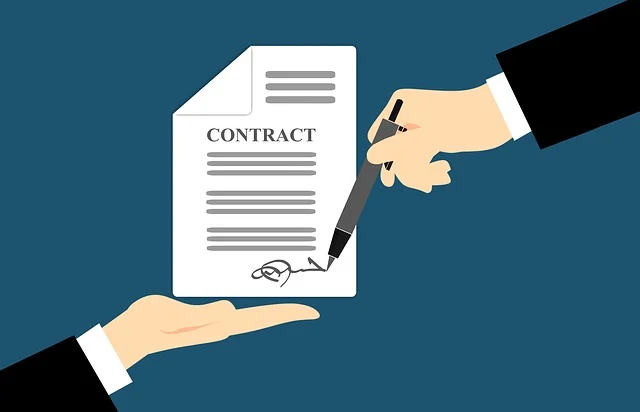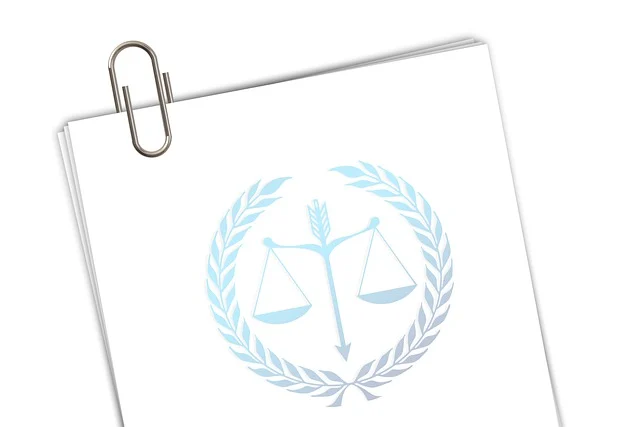Divorce is not only a legal process but an emotional journey filled with highs and lows. The end of a marriage often brings feelings of grief, anger, guilt, and even relief, making it one of the most challenging life transitions. Emotional pitfalls are common during this period, but understanding and avoiding these traps can help you navigate the process with greater clarity and resilience. This article explores the most common emotional pitfalls of divorce and provides actionable strategies to overcome them, with insights, statistics from 2025, and real-life examples to guide you.

One of the most significant emotional pitfalls of divorce is holding onto anger and resentment. These feelings, though natural, can become toxic when they dominate your thoughts and actions. A 2025 study by the National Mental Health Institute found that 62% of divorced individuals who held onto anger experienced heightened stress levels, sleep disturbances, and difficulty moving forward. Anger can cloud judgment, leading to impulsive decisions, especially during negotiations. For example, refusing to compromise on child custody arrangements out of spite can damage your relationship with your children. To avoid this trap, focus on emotional release through healthy outlets such as therapy, journaling, or physical activity. Practicing forgiveness, not for your ex-spouse but for your peace of mind, can also help you let go of resentment and embrace healing.
Another common trap is isolating yourself emotionally and socially during divorce. Many people withdraw from friends, family, and social circles due to feelings of shame, embarrassment, or fear of judgment. However, this isolation can worsen emotional distress and lead to depression. In 2025, data from the American Psychological Association revealed that individuals who maintained strong social connections during divorce were 45% more likely to recover emotionally within the first year. For example, Jane, a 38-year-old teacher who went through a divorce, initially avoided her friends, fearing pity. When she finally opened up, she found a support system that helped her rebuild her confidence. To avoid emotional isolation, lean on your support network, join divorce support groups, or seek professional counseling. Sharing your journey with others can provide comfort and remind you that you are not alone.
Dwelling on self-blame and guilt is another emotional pitfall that can hinder the healing process. It is natural to reflect on your role in the marriage’s breakdown, but excessive guilt can lead to feelings of inadequacy and a negative self-image. In 2025, a survey conducted by Divorce Recovery Centers found that 54% of respondents struggled with guilt after divorce, often questioning their abilities as parents or partners. This self-blame can prevent you from focusing on personal growth and moving forward. For instance, Mark, a 45-year-old software engineer, blamed himself for his divorce, believing he had failed his family. With the help of a therapist, he learned to reframe his thoughts and recognize the shared responsibility for the marriage’s end. To overcome self-blame, practice self-compassion, and remind yourself that divorce is often the result of complex circumstances rather than a single person’s fault.
Another trap is neglecting self-care and well-being during the divorce process. Amid the legal, financial, and emotional challenges, many individuals prioritize other responsibilities over their health. This neglect can manifest as poor eating habits, lack of exercise, or ignoring mental health needs. In 2025, the Divorce Wellness Foundation reported a 30% increase in stress-related illnesses among those navigating divorce. For example, Sarah, a 42-year-old entrepreneur, experienced burnout while juggling work and divorce proceedings. By scheduling regular yoga sessions and meal prepping, she gradually regained her physical and emotional energy. To avoid this pitfall, prioritize self-care by maintaining a balanced diet, exercising regularly, and seeking mental health support. Self-care is not selfish; it is essential for your recovery.

Clinging to unrealistic expectations about reconciliation or revenge is another emotional trap that can prolong the healing process. Some individuals hold onto the hope that their spouse will return or focus on seeking revenge, which can delay closure. In 2025, relationship experts noted that 40% of divorces involved at least one partner holding onto unrealistic expectations, resulting in prolonged emotional turmoil. For instance, Alex, a 50-year-old lawyer, spent months trying to win back his ex-wife, ignoring signs that she had moved on. When he finally accepted the reality, he could focus on rebuilding his life. To avoid this trap, work on accepting the finality of the divorce and set realistic goals for your future. A therapist or coach can help you process your emotions and shift your focus toward personal growth.
Another emotional pitfall is allowing the divorce to define your identity. After years of being part of a couple, it can be challenging to adjust to being single. Many individuals struggle with feelings of emptiness, loss of purpose, or fear of the unknown. In 2025, a study by the Life After Divorce Institute found that 48% of divorcees reported a temporary identity crisis post-divorce. For example, Maria, a 36-year-old nurse, felt lost after her 12-year marriage ended. By exploring new hobbies, reconnecting with old friends, and setting career goals, she rediscovered her sense of self. To avoid letting divorce define you, focus on rebuilding your identity by pursuing your passions, setting personal goals, and celebrating small victories. Remember that you are more than your marital status.
Finally, one of the most subtle yet impactful pitfalls is neglecting your children’s emotional needs during the divorce. The emotional strain of divorce often leaves parents preoccupied, unintentionally overlooking the impact on their children. In 2025, a report by Child Welfare Watch indicated that children of divorced parents who lacked emotional support during the process were 30% more likely to experience academic and behavioral challenges. For example, John and Lisa, who divorced after 15 years of marriage, initially avoided discussing the divorce with their children, hoping to shield them from pain. When their son began acting out in school, they realized the need for open communication and reassurance. To avoid this pitfall, prioritize your children’s emotional well-being by maintaining routines, encouraging open dialogue, and seeking family counseling if needed.
Divorce is a deeply personal journey, but understanding and avoiding these common emotional pitfalls can help you navigate it more effectively. By addressing anger and resentment, staying connected, practicing self-compassion, prioritizing self-care, managing expectations, rediscovering your identity, and supporting your children, you can emerge from this challenging time stronger and more resilient. For more expert advice and resources, visit Reliefamily.com.








